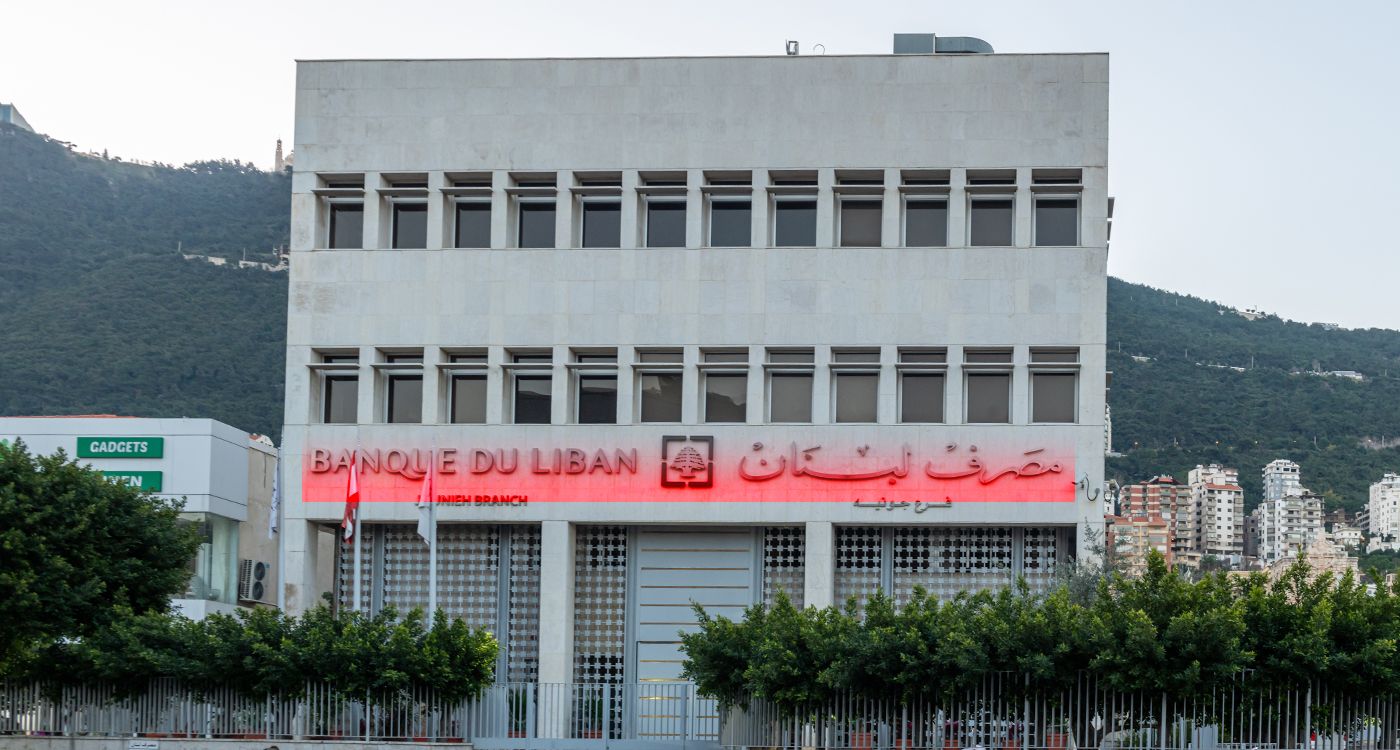
It seems that the relationship between Banque du Liban (BDL) Governor Karim Souhaid and Prime Minister Nawaf Salam is far from ideal. In fact, it can be described as tense – a situation that didn’t arise recently but dates back to Souhaid’s appointment as Governor of the Central Bank, which was secured through a majority vote in the Cabinet despite opposition from Salam and his ministerial team.
At the time, Salam emerged from the Cabinet session saying, “It is well known that Souhaid was not my nominee for several reasons, given my commitment to recovering depositors’ funds and safeguarding state assets,” implying that Souhaid may not be equally committed to those goals. Salam was keen on sending a clear message when he added, “Regardless of who the governor is, and despite our reservations, the most important thing is that, starting today, he adheres to the financial policy of our reformist government, as outlined in the ministerial statement – especially regarding negotiating a new program with the International Monetary Fund (IMF), restructuring the banking sector, and developing a comprehensive plan according to the best international standards to protect depositors’ rights.”
From day one, Souhaid has insisted on safeguarding BDL’s independence – an idea he reinforced in a legal study recently presented to the Parliament’s Finance and Budget Committee. The study emphasized the importance of preserving the coherence of Lebanon’s banking legislation. According to this study, the principle of the Central Bank’s independence is inherent and rooted in Lebanon’s Monetary and Credit Law, which has upheld BDL’s autonomy and the consistency of banking regulations for over 62 years.
However, Souhaid views the new draft law on banking reform and reorganization – approved by the Cabinet on April 12, 2025 – as a direct threat to BDL’s independence and to the integrity of Lebanon’s financial legal framework.
During last week’s session of a subcommittee of the Finance and Budget Committee, discussions continued on the framework law for banking reform. The session reviewed international models for central bank roles and responsibilities, which do not conflict with those of regulatory and governmental bodies. A consensus was reached on the key pillars and guiding principles required for effective reform – particularly between the Ministry of Finance and BDL.
Following these discussions, Governor Souhaid reaffirmed that the law currently under review, as well as any current or future legislation related to “financial balance” or the “law for distributing financial responsibilities,” may be proposed by the Cabinet and approved by Parliament. Meanwhile, BDL’s role – under Articles 71 and 72 of the Monetary and Credit Law – is limited to providing opinion, advice and guidance, with the sole aim of improving the effectiveness of such laws and ensuring that any new legislation aligns with the existing banking legal framework.
This stance irritated Prime Minister Salam, especially since Souhaid is not keen on reaching an agreement with the IMF at any cost. Souhaid also firmly opposes any law that would alter the governor’s powers or subject BDL to additional oversight. Salam, frustrated, demanded that Souhaid comply with the government’s reform agenda and not obstruct proposed reform laws, including those related to banking or any amendments to the Monetary and Credit Law. He also emphasized that Souhaid must not undertake any actions or policies that could hinder an agreement with the IMF.
Souhaid’s position – that BDL’s role is limited to offering opinion and advice to strengthen legal effectiveness and ensure consistency with existing legislation – is grounded in Articles 71 and 72 of the Monetary and Credit Law.
Article 71 stipulates: “The Central Bank shall cooperate with the government and provide it with all advice related to financial and economic policy in order to ensure maximum harmony between the bank’s mission and the government’s objectives.”
Article 72 adds: “The bank may propose to the government measures it deems useful to positively impact the balance of payments, price movements, public finances, and overall economic growth. The bank shall inform the government of any matters it considers harmful to the economy and currency. It shall manage the government’s relationships with international financial institutions. The government shall consult the bank on monetary matters and invite the governor to participate in its discussions on these issues.”




Comments